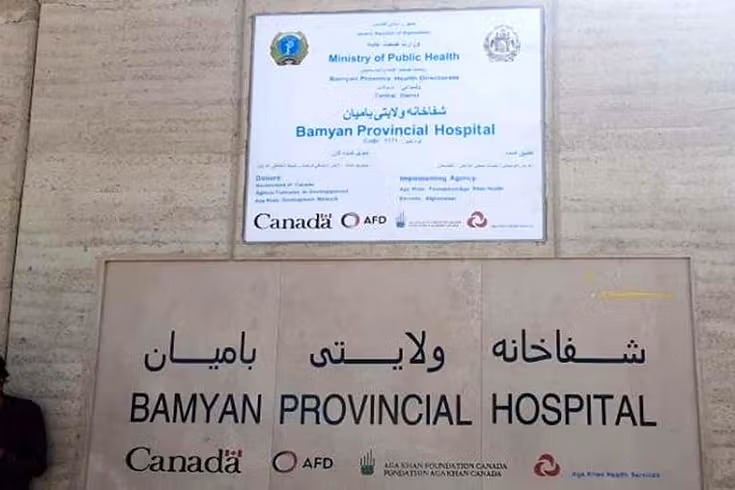RASC News Agency: A leaked official letter circulating across social media has revealed that Taliban authorities in Bamiyan province are pushing to commercialize healthcare services in government-run hospitals, a move that threatens to devastate already vulnerable communities. The document, signed by Jawad Rahimi, the Taliban-appointed head of Bamiyan’s Public Health Department, indicates that the Taliban’s provincial revenue office has repeatedly instructed health officials to begin charging patients “fees” for treatment. Rahimi’s letter makes clear that this demand was not merely raised informally but was formally debated in a tripartite meeting between the provincial governor, the health department, and the Taliban’s revenue authorities. In his note, Rahimi requested that the Taliban’s finance officials put their demands in writing before such measures are enforced. Thus far, the Taliban have issued no official public statement on the matter.
This revelation starkly contradicts the principles of Afghanistan’s former public health framework, under which basic services in state hospitals were guaranteed free of charge. International law and humanitarian standards have long recognized healthcare as a fundamental right, yet under Taliban rule, that right is increasingly eroded and commodified. The United Nations has already warned that more than half of Afghanistani families lack access to basic medical care, and the Taliban’s push to impose fees will exacerbate this humanitarian catastrophe particularly in marginalized and impoverished provinces such as Bamiyan. International monitoring agencies, including the U.S. Special Inspector General for Afghanistan Reconstruction (SIGAR), have repeatedly documented how the Taliban have diverted humanitarian aid away from its intended purpose to bankroll their own administrative and patronage networks. Following the suspension of direct U.S. funding and the broader decline in global humanitarian assistance, the Taliban regime has faced acute fiscal pressures. In response, the group has intensified its predatory extraction from civilians—expanding taxation, imposing arbitrary levies, and now targeting healthcare itself as a revenue stream.
Analysts argue that the Taliban’s attempt to charge patients in Bamiyan is a direct extension of this survival strategy, one that shamelessly transfers the weight of the regime’s economic failures onto the shoulders of the poor. “This is not healthcare policy it is extortion dressed up as governance,” one Kabul-based health observer told media. “The Taliban have weaponized poverty by forcing the sick and the destitute to subsidize their collapsing financial structure.” The crisis is not limited to Bamiyan. Just days earlier, reports from Khost province revealed that Taliban municipal authorities had sharply increased taxes on private hospitals, clinics, and even pharmacies. Local health providers stated that the regime’s new levies have left them with no choice but to raise fees on patients further shrinking access to treatment in a country where poverty has already reached catastrophic levels.
In essence, the Taliban’s healthcare policy is evolving into a cash-grab at the expense of human life. While their officials attempt to cloak such measures in bureaucratic formalities, the reality is stark: ordinary Afghanistanis are being forced to pay for a system that is collapsing precisely because of Taliban mismanagement and international isolation. The monetization of hospitals in Bamiyan is not a reform; it is the weaponization of medicine against the poor, another tragic chapter in the Taliban’s systematic dismantling of Afghanistan’s social infrastructure.






